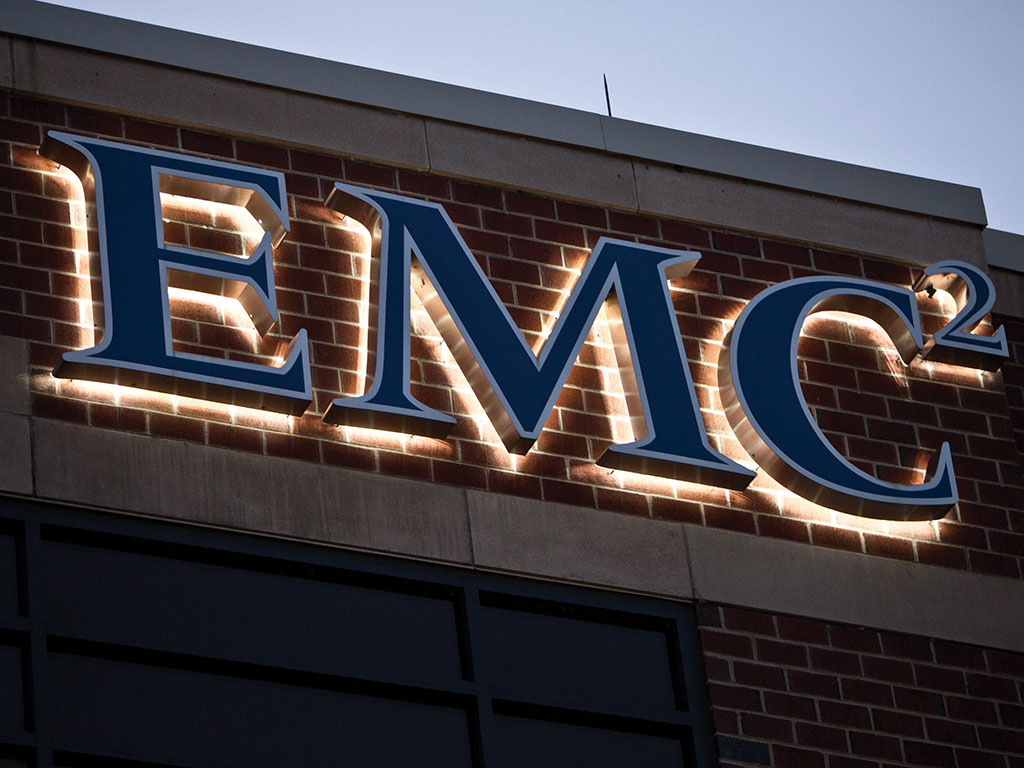Dell to buy EMC in billion-dollar, record tech deal
Dell buys up EMC for $67bn in a bid to diversify the business and resuscitate sales

EMC's headquarters. Dell's purchase of the data management and storage firm could be the largest tech deal ever
On October 12, computer giant Dell, signed a record deal with EMC Corporation for $67bn. Once the global market leader in PCs, the cash and stock deal marks Dell’s transition into a data management and storage firm. The combined company will have hubs in Texas, Massachusetts and San Francisco.
The growing need for Dell’s diversification follows on from the exponential rise in popularity of mobile devices, which has caused Dell’s sales in the PC market to decline for some time now. While EMC, a firm specialising in software for computer storage, has also faced falling sales as more companies switch to cloud-based storage. Although EMC now offers cloud storage solutions alongside its core products, it has not yet experienced commercial success in the market.
The bold bid was made possible as a result of a decision by CEO and founder Michael Dell to go private in 2013
Among its assets, EMC owns the security analytics firm RSA and has a majority stake in VMware, a cloud and virtualisation software and services provider.
“The coming together of EMC and Dell will create a powerhouse in the technology industry with more than $80B in revenue. The combined company will be a leader in a number of the most attractive high-growth areas of the $2 trillion information technology market,” states a press release published on EMC’s website. EMC shares jumped following the announcement, rising 4.3 percent to $28.36, according to Reuters.
The bold bid was made possible as a result of a decision by CEO and founder Michael Dell to go private in 2013. While it came at a price of $25bn, privatisation has alleviated growing shareholder pressure and has allowed Dell to operate away from the public eye in order to re-strategise the company’s core business.
Although the combined company is a necessary move for both Dell and RMC in order to secure their place in an increasingly competitive market, numerous challenges lay ahead. As well as a combined debt of $50 billion, the merger itself will be lengthy and complicated, and is not expected to close until sometime between May and October next year. According to various sources, Hewlett-Packard sees the merger as an opportunity as its two biggest rivals will be distracted with the completion of the deal and the difficult process of combining systems and product lines, while also having less capital to spend on R&D.













